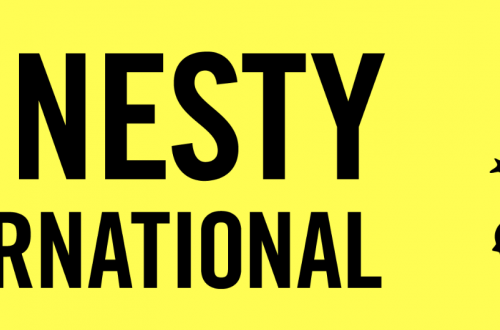
Ian Black has written a very well-researched, comprehensive and insightful survey of a century of Palestinian-Israeli conflict, from the Balfour Declaration to the present. Even though this is well-travelled terrain, his systematic and detailed account is instructive as it pulls together from a wealth of, albeit secondary, sources a complex story in a very coherent and well-structured narrative. However, the narrative of the conflict is marred by the absence of some critically important contexts and by an imbalance in the treatment of the two parties.
CONTEXT
Black argues, correctly, that the settler colonialist paradigm does not fit the Israeli Zionist story as it fails to grasp ‘the Jewish religious-national connection to Eretz Yisrael that is so central to Zionist ideology and Israeli identity’ (p.xxi), he misses a key distinction of the Zionist endeavour. Zionism was a movement of national liberation and salvation for the Jews after centuries of European exclusion, expulsion and eventual extermination. The Zionist movement of the late 19th century resulted from the discrimination, oppression and rejection of the Jews by the nationalist movements of Europe. German, Polish, Russian, and even French nationalism, as Theodor Herzl discovered in the Dreyfus case, would not accept the Jews, who consequently sought to establish a national movement and a homeland of their own, in the only place that made any historical sense.
On its own, the Jewish reaffirmation of their ‘religious-national’ connection to Eretz Yisrael would have neither attracted too many Jews nor have aroused much international attention. Had it not been for the push of the ‘Jewish question,’ (Die Judenfrage), the Jews as the downtrodden of the earth, the international community would most probably never have bothered to recognise the legitimacy of the Zionist movement, as it did in the Balfour Declaration, the British Mandate and the UN Partition Resolution of 1947. This key theme of the Zionist enterprise is only discussed briefly in a sentence on Chaim Weizmann’s testimony before the Peel Commission in late 1936: ‘Weizmann eloquently described the broad outlines of Jewish history, the scourge of anti-Semitism, [and] the plight of the Jewish masses in Eastern Europe.’ (p. 79) READ MORE.


